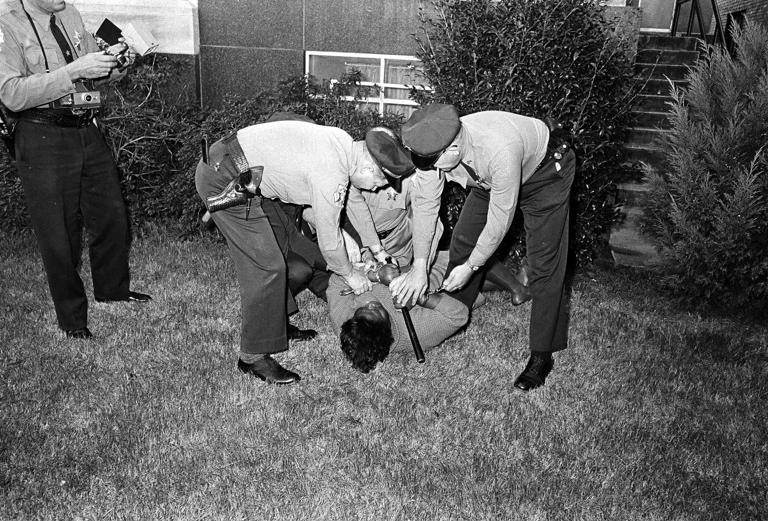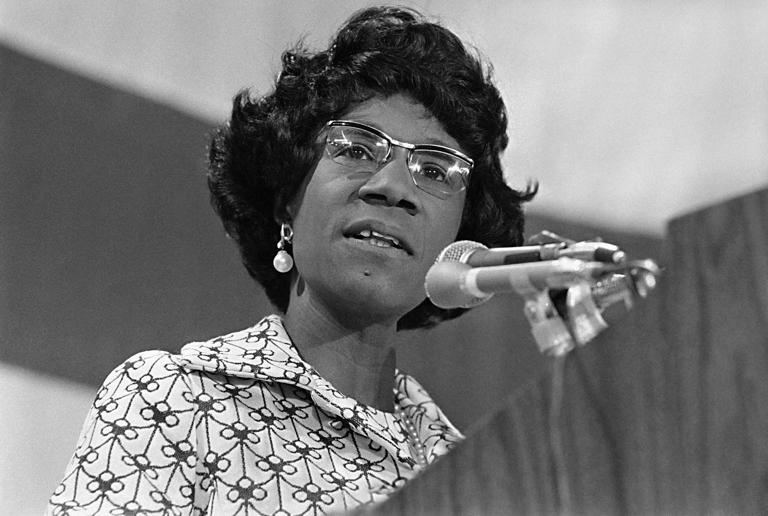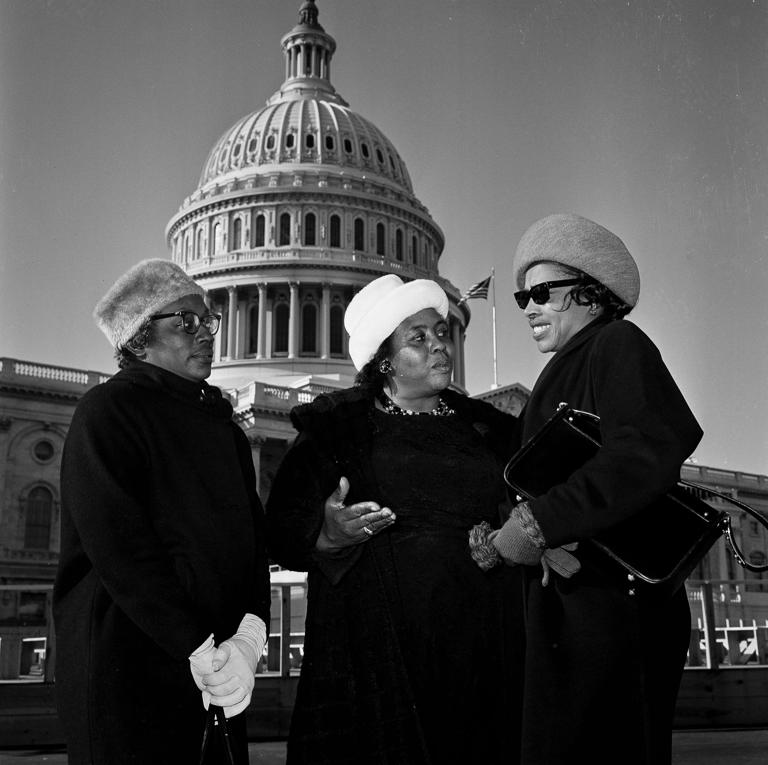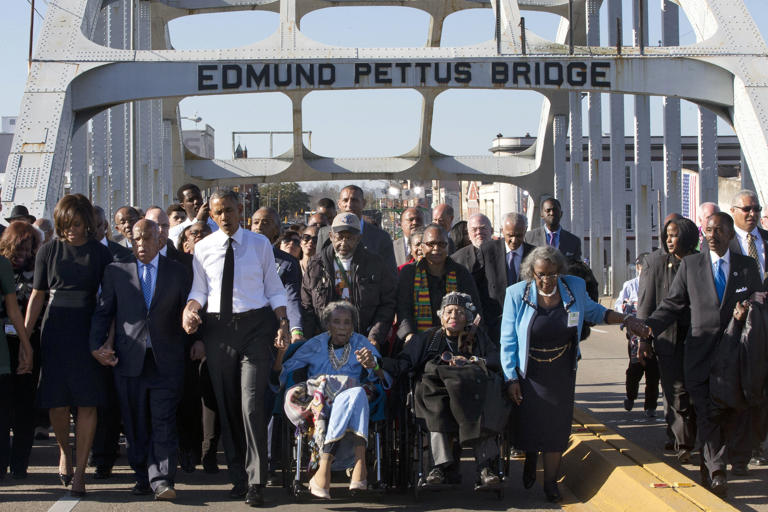As Vice President Kamala Harris embarks on her historic presidential campaign, she stands on the shoulders of countless Black women who fought tirelessly for racial justice and political power.
These trailblazers paved the way for Harris to potentially become the first Black woman to serve as a major party’s presidential candidate.
Annie Lee Cooper: A Symbol of Persistence
On January 25, 1965, Annie Lee Cooper stood in line at the Selma courthouse to register to vote.
Despite repeated rejections and personal repercussions, such as losing her job, Cooper remained undeterred.
Her resilience was immortalized when she knocked down Sheriff James G. Clark after he assaulted her, an act that symbolized the fight against voter suppression.

Standing on Strong Shoulders
In her 2020 victory speech, Harris acknowledged the generations of Black women who laid the groundwork for equality and justice. Scholars agree that Harris’s ascent is a testament to these unsung heroines of racial justice.

Sojourner Truth: Early Advocate for Equality
Over 170 years ago, abolitionist Sojourner Truth fought against slavery and for women’s rights. At the 1851 Women’s Rights Convention, she famously challenged the notion of women’s inferiority, setting a precedent for future generations.
Ida B. Wells: Crusader Against Lynching
Ida B. Wells, born into slavery in 1862, became a leading anti-lynching crusader and suffragist. In 1913, she boldly integrated a suffragist parade in Washington, refusing to march at the back.
Ella Baker: Social Architect of the Civil Rights Movement*
Ella Baker, a key organizer in the civil rights movement, emphasized the power of collective action. She helped form the Student Nonviolent Coordinating Committee (SNCC), which played a crucial role in the fight for voting rights.

Fannie Lou Hamer: Voice of the Oppressed
Fannie Lou Hamer’s riveting speech at the 1964 Democratic National Convention highlighted the brutal realities of Black life in the South. Her activism was instrumental in the passage of the Voting Rights Act of 1965.
Amelia Boynton: Catalyst of the Selma March
Amelia Boynton, whose living room served as the planning site for the Selma-to-Montgomery march, was brutally beaten on Bloody Sunday in 1965. Her courage drew national attention to the civil rights struggle.
Shirley Chisholm: Breaking Barriers in Politics
Shirley Chisholm, the first Black woman elected to Congress, made a historic bid for the Democratic presidential nomination in 1972. Her campaign slogan, “Unbought and Unbossed,” reflected her commitment to representing all Americans.

Barbara Jordan: Defender of the Constitution
Barbara Jordan, the first Black woman to preside over a legislative body in the U.S., delivered a powerful speech during President Nixon’s impeachment hearing, reinforcing her faith in the Constitution.
These women, among many others, exemplify the resilience and determination that have propelled Kamala Harris to the forefront of American politics. Their legacy continues to inspire and shape the fight for equality and justice.
In recognizing these historical figures, we honor the enduring spirit of Black women who have fought for civil rights and paved the way for future generations.
This story was culled from an article published by The Washington Post.
